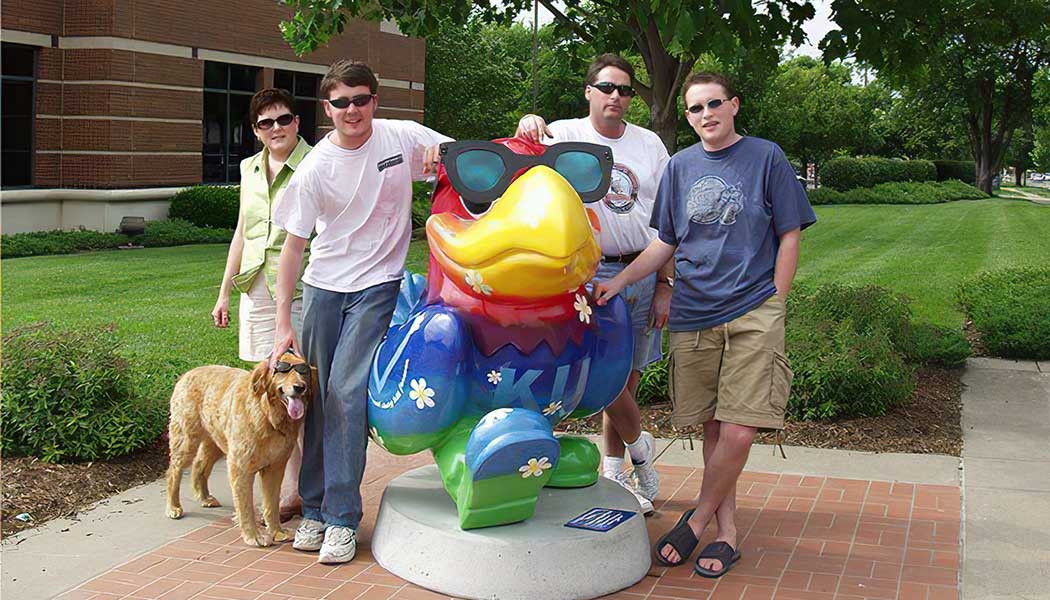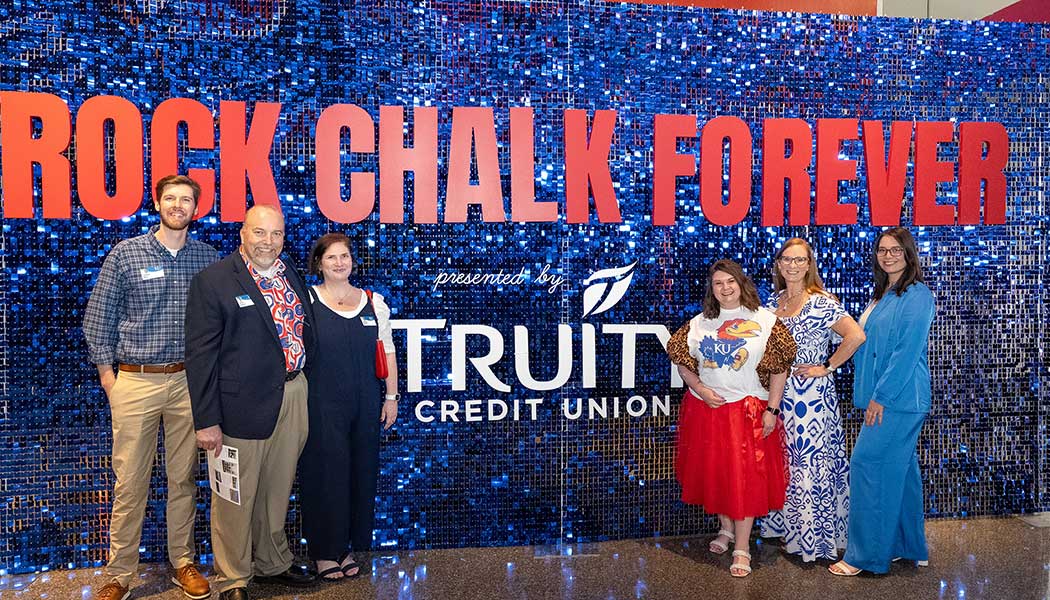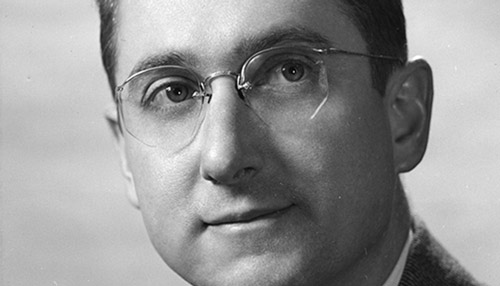Rewriting history
Important Black fiction archive draws NEH support
A KU collection billed as the largest digital archive of African American novels written since the 19th century will get a lot larger and more accessible with the help of a new grant from the National Endowment for the Humanities.

The Black Book Interactive Project, which since 2010 has been digitizing the more than 4,000 titles discovered and cataloged by the KU-based Project on the History of Black Writing (HBW), received a $350,000 grant from the NEH to expand that archive, refine its user interface, and boost a program that teaches digital humanities scholars how to use the database in their research.
The grant will fund the discovery and digitization of another 2,100 titles, continuing a decades-long quest to fill the gap in scholars’ understanding of Black writers’ contributions to American literature, according to Maryemma Graham, University Distinguished Professor of English, who founded HBW in 1983 at the University of Mississippi and brought it to KU when she joined the faculty in 1999.
“People keep coming to us and saying, ‘I’m doing research but I don’t have any African American authors in my research pool and I don’t understand why,’” Graham says. “It’s the most common question we get. It’s because those writers are not in those collections. There are a lot of digital archives out there, but they’re very limited in terms of certain kinds of things.”
Graham, who grew up in Georgia at a time when libraries were being desegregated, recalls seeing firsthand how books, especially those that do not circulate widely, can slip out of history.
“I worked in a library, and I remember when they threw books away, and the librarians would say, ‘Our population is not going to read these books.’ I said, ‘Some of these old books need to stay, because they tell a different story.’”
The role of women in the labor struggles that played out in Southern textile mills, for example, is well documented. Less well known is that formerly enslaved Black people employed by those mills contributed to the fight for fair wages. Of a dozen books on the topic, Graham says, only one received wide and lasting readership, and it was a story of workers failing to gain concessions. Novels that documented success stories faded into obscurity before being reclaimed by the KU archive.
Similarly, rediscovered books that tell the stories of runaway slaves who escaped successfully, changed their names and blended into Native American communities in Kansas and Nebraska “are not your ordinary slave narratives,” Graham says, but contribute to history in interesting ways.
“Those battles are really over who’s going to tell the story,” says Graham, who believes she and her HBW colleagues are literary detectives chasing down leads to locate forgotten and understudied novels. “People told their own stories, but those stories got lost. We’ve got to find them, integrate them into the whole story. It’s about giving a bigger picture of what’s out there.”
Often that paper chase leads to private collectors. While their efforts can save rare titles from disappearing, Graham knows that books locked up in a private library do not contribute to scholars’ understanding of Black literature. When HBW started, in the pre-digital 1980s, it too was hampered by limited access.
“It was a huge collection, people knew we had it, and it was a research resource for people,” Graham recalls. “But it was in our office, in our space, in our house. That doesn’t do anybody any good unless they can physically come to the place.”
With the help of several prior NEH grants, the program has unlocked most of those overlooked treasures. The latest grant allows them to do more, by completing the digitization of about 500 books in the existing collection and all the new titles added over the next two years. It will also fund upgrades in the interface that allows scholars to access the collection and will double the number of researchers trained by the Black Book Interactive Scholars Program, a series of webinars for digital humanities scholars interested in tapping the KU database for their research.
“By the end we’ll have 40 or 50 people out there in the world doing research,” Graham says. “They are sort of our foot soldiers. They’re teaching students, they’re librarians, they’re professionals in other areas, and they help spread the word about the program because they’ll be publishing that work, presenting at conferences, doing podcasts about it. And when people say, ‘Well how did you find all these things?’ it points back to us.”
RELATED ARTICLES
/








